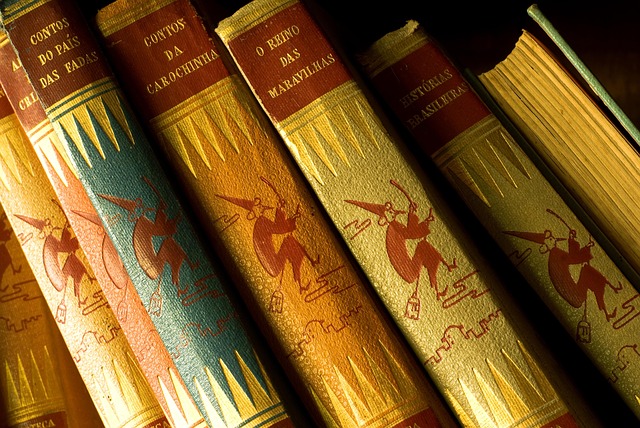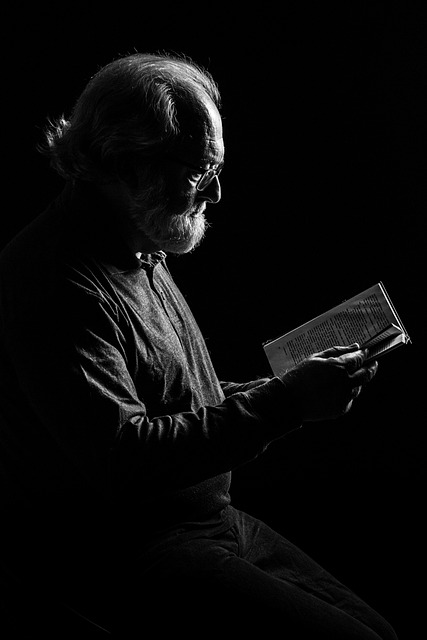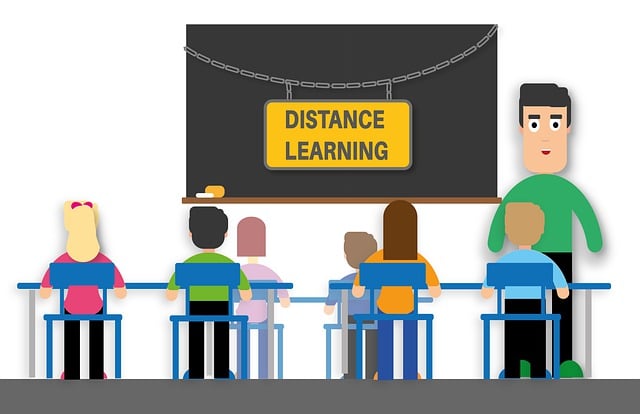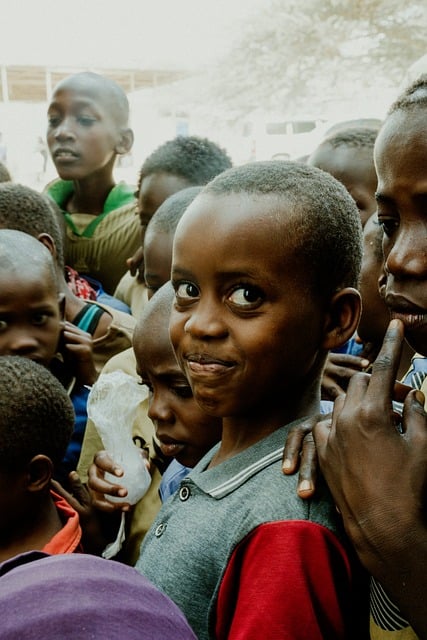Karachi, Pakistan's bustling metropolis, is experiencing a profound digital transformation in its education sector. This shift leverages technology to enhance teaching and learning, with schools and universities adopting interactive tools like online simulations, virtual field trips, educational apps, and digital libraries. The COVID-19 pandemic further accelerated this trend through the adoption of online learning platforms. Now, Karachi's educational landscape is being revolutionized by advanced technologies such as Virtual Reality (VR) and Artificial Intelligence (AI), promising more engaging, effective, and accessible education for its diverse student population. These innovations democratize learning, breaking down geographical barriers, and offering personalized instruction to cater to individual needs. However, successful integration requires teacher training through workshops, online courses, and collaborative networks.
In Karachi, as in cities worldwide, technology is revolutionizing education. The digital transformation has paved the way for innovative teaching practices, empowering educators to create dynamic learning environments. This article explores how cutting-edge technologies are reshaping educational landscapes in Karachi, from virtual reality and AI enhancing lessons to online platforms expanding access to quality education. We delve into personalized learning, emphasizing tailored instruction, and the crucial role of preparing educators for a tech-integrated classroom.
- The Digital Transformation of Education in Karachi
- Innovative Technologies: Tools for Modern Teachers
- Enhancing Learning Experiences with Virtual Reality and AI
- Online Platforms: Expanding Access to Quality Education
- Personalized Learning: Tailoring Instruction to Individual Needs
- Preparing Educators for a Tech-Integrated Classroom
The Digital Transformation of Education in Karachi

Karachi, Pakistan’s bustling metropolis, has witnessed a significant digital transformation in its education sector. The city’s schools and universities are embracing technology to enhance teaching and learning processes, ensuring students receive a modern education. This shift is driven by the recognition that incorporating digital tools and resources can improve student engagement and outcomes.
The digital revolution has enabled teachers in Karachi to create interactive classrooms, where traditional lectures are supplemented with online simulations, virtual field trips, and educational apps. Students now have access to vast digital libraries, allowing them to explore subjects beyond their textbooks. This transformation is particularly notable in the adoption of online learning platforms, providing remote education opportunities during the COVID-19 pandemic, ensuring continuity in students’ academic journeys.
Innovative Technologies: Tools for Modern Teachers

In the dynamic landscape of education, Karachi, like many cities around the world, is witnessing a significant transformation driven by innovative technologies. Modern teachers are no longer confined to traditional methods; they now have an array of digital tools at their disposal to enhance learning experiences. From interactive whiteboards that bring lessons to life to educational software tailored for different subjects, these technologies cater to diverse learning styles and foster engagement among students.
Furthermore, the integration of online resources, virtual classrooms, and multimedia content has revolutionized teaching practices in Karachi’s educational institutions. Teachers can now easily access global insights, adapt lessons to individual needs, and encourage collaborative learning. This shift not only improves student outcomes but also prepares them for a world where technology is an integral part of daily life.
Enhancing Learning Experiences with Virtual Reality and AI

In the dynamic city of Karachi, education is undergoing a significant transformation with the integration of cutting-edge technologies. Virtual Reality (VR) and Artificial Intelligence (AI) are proving to be powerful tools in enhancing learning experiences, making education more interactive and engaging for students. VR allows learners to immerse themselves in realistic simulations, enabling them to explore historical events, scientific phenomena, or even virtual field trips to distant locations—all from the comfort of their classrooms. This innovative approach not only fosters a deeper understanding but also stimulates curiosity and creativity.
AI, on the other hand, personalizes learning by adapting to each student’s unique needs and pace. Intelligent tutoring systems can provide instant feedback, offer customized assignments, and predict areas where students might struggle. By leveraging AI, educators in Karachi can ensure that every learner receives tailored support, fostering a more inclusive educational environment. This blend of VR and AI promises to revolutionize teaching practices, making education more effective and accessible for the diverse student population of Karachi.
Online Platforms: Expanding Access to Quality Education

In Karachi, as in many urban centers worldwide, technology has been a game-changer in transforming traditional teaching methods. Online platforms have played a pivotal role in expanding access to quality education, ensuring that learning is no longer confined to physical classrooms. This digital shift has democratized education by breaking down geographical barriers, allowing students from diverse backgrounds to engage with educational content and interact with renowned educators from around the globe.
The advent of online learning has been particularly beneficial for students who may face challenges in attending regular classes due to distance, financial constraints, or personal commitments. Through interactive webinars, video lectures, and virtual study groups, Karachi’s students now have the opportunity to access a wide range of educational resources, enhancing their learning experience and fostering a more inclusive educational environment.
Personalized Learning: Tailoring Instruction to Individual Needs

In the vibrant city of Karachi, educators are increasingly recognizing the transformative power of technology in shaping modern classrooms. Personalized learning, made possible by digital tools and platforms, allows for a tailored approach to instruction that caters to individual student needs. This shift from one-size-fits-all teaching methods is particularly significant in diverse urban settings like Karachi, where students bring a wide range of backgrounds, learning styles, and abilities into the classroom.
By leveraging adaptive software and data analytics, teachers can gain valuable insights into each learner’s progress and areas of improvement. This enables them to create customized learning paths, ensuring that every student receives targeted support and challenges suited to their unique requirements. In turn, personalized learning fosters deeper engagement, higher motivation, and improved academic outcomes, setting the stage for a more inclusive and effective educational experience in the heart of Karachi.
Preparing Educators for a Tech-Integrated Classroom

In Karachi, educators are increasingly recognizing the need to adapt their teaching methods to incorporate technology effectively. The city’s bustling educational landscape is witnessing a metamorphosis, driven by innovative tools and resources that enhance learning experiences. However, preparing teachers for a tech-integrated classroom requires more than just providing hardware; it involves fostering professional development programs that equip educators with the skills to navigate this digital realm.
Workshops, online courses, and collaborative networks can play a pivotal role in arming Karachi’s teaching community with the knowledge to utilize technology meaningfully. These initiatives ensure that educators are not just users but adept facilitators of technological advancements, enabling them to create vibrant, interactive classrooms. By embracing these changes, teachers in Karachi are revolutionizing education, making it more accessible and engaging for students in today’s digital era.
The digital revolution has significantly reshaped education in Karachi, with innovative technologies empowering teachers to create more engaging and personalized learning environments. From virtual reality enhancing classroom experiences to AI facilitating tailored instruction, these tools are transforming how educators teach and students learn. Online platforms further expand access to quality education, ensuring that students in even the most remote areas of Karachi can participate in a robust educational system. As technology continues to evolve, it is crucial for educators to stay updated and effectively integrate these innovations into their teaching practices to meet the diverse needs of all learners.


Leave a Reply
You must be logged in to post a comment.